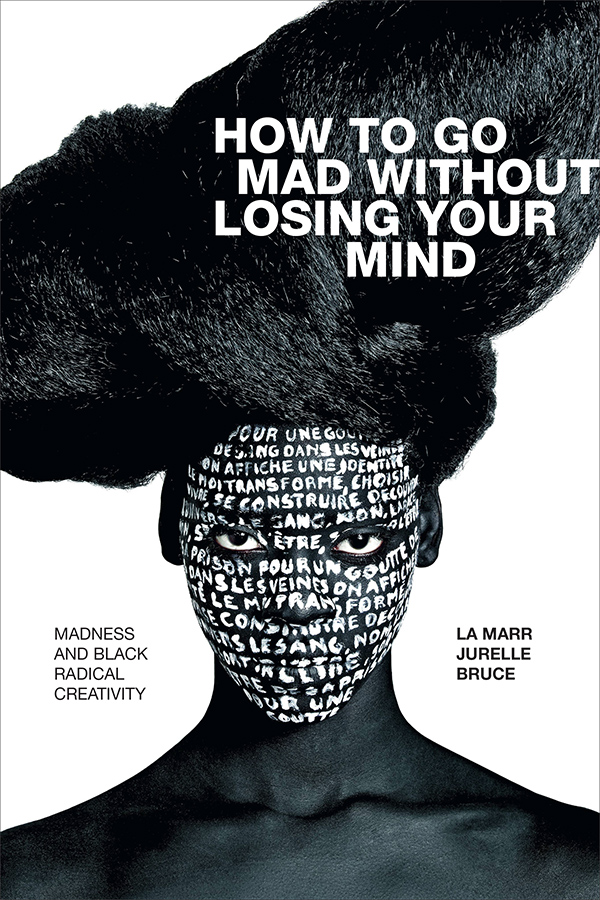This roundtable shares the first-hand experiences of five crip, disabled, Mad, and/or neurodivergent doctoral students navigating academia in so-called Canada during the COVID-19 pandemic. While we discuss and theorize our experiences of ableism, structural oppression, and inaccessibility in the academy, we also highlight the world-building experiences of solidarity that have emerged for us in crip community, and in particular among fellow crip graduate students. We consider the ways that crip students open up potential for new ways of learning and being by challenging dominant norms of academic productivity, and we also consider what is lost when these students are pushed out of academic spaces. By engaging in “collective refusal” of the conditions that harm disabled and otherwise marginalized students, new possibilities emerge for connection, community, and radical change. The virtual conversation transcribed here took place over Discord, email, and Google Docs in autumn of 2021 and early winter 2022. This piece embraces multi-tonality, that is, a range of different voices and ways of writing, speaking, and communicating. It is a conversational piece that intentionally blends varied approaches to knowledge-sharing: polemic, citationally-grounded, and personal anecdotes drawn from our diverse lived experiences. There are a number of different themes woven throughout the text, including anecdotes and personal history, solidarity, ableism in the academy, pessimism/failure, community/interdependence/intimacy, and utopia/futurity/demands for the future. While not intended to provide policy guidance or step-by-step instructions for changing academic culture, we also begin to sketch out some of our dreams for an alternative future for disabled scholars. We discuss imagined futures and possibilities, and ask, is a truly crip and/or accessible academic institution possible?
Keyword: mad studies
Review of How to Go Mad without Losing Your Mind: Madness and Black Radical Creativity by La Marr Jurelle Bruce (Duke University Press)
How to Go Mad without Losing Your Mind offers a poignant study of what author La Marr Jurelle Bruce calls “mad methodology,” extending care and consideration to Black artists historically, fictionally, and contemporaneously rendered mad by oppressive anti-Black capitalist discursive practices. Reflecting on the creative practices of Buddy Bolden, Nina Simone, Lauryn Hill, and Dave Chappelle, among others, Bruce provides a clear-cutting analysis of the ways normative cultural logics work to figure Black art and protest as inherently mad.

